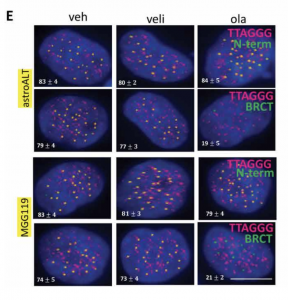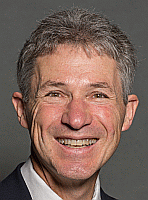A leading microbiology society has issued expressions of concern for four six papers from a group in France led by the controversial scientist Didier Raoult, whose lab is under investigation by the University of Aix Marseille for “serious malfunctions.”
The move follows the release last month of a 157-page report by investigators related to France’s Health Ministry the university into Raoult’s research and news that a criminal investigation is underway.
As we and others have reported, Raoult was among the most prominent floggers of the notion that hydroxychloroquine could treat COVID-19. But while his studies of the drug might have influenced certain American politicians, they and other research from his group haven’t withstood the scrutiny of his peers.
He also has attempted to silence critics of his work, notably Elisabeth Bik, using legal threats and harassment.
Continue reading Didier Raoult papers earn expressions of concern as criminal investigation gets underway








